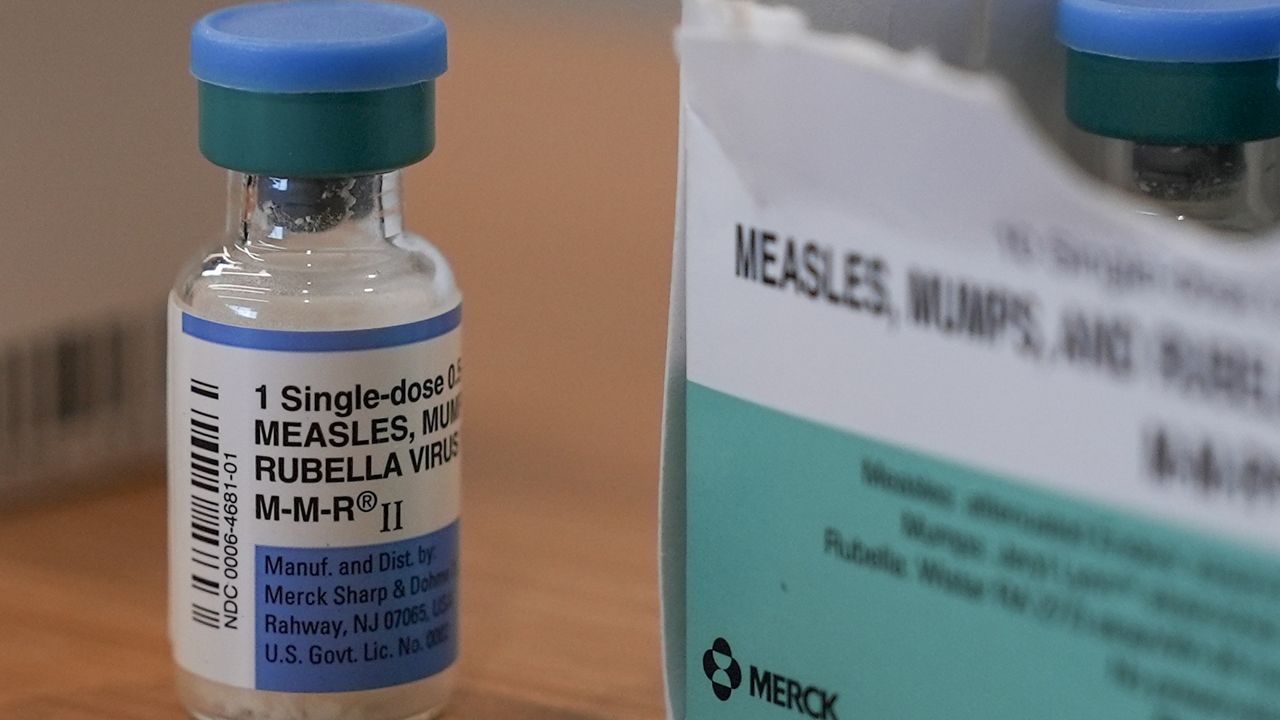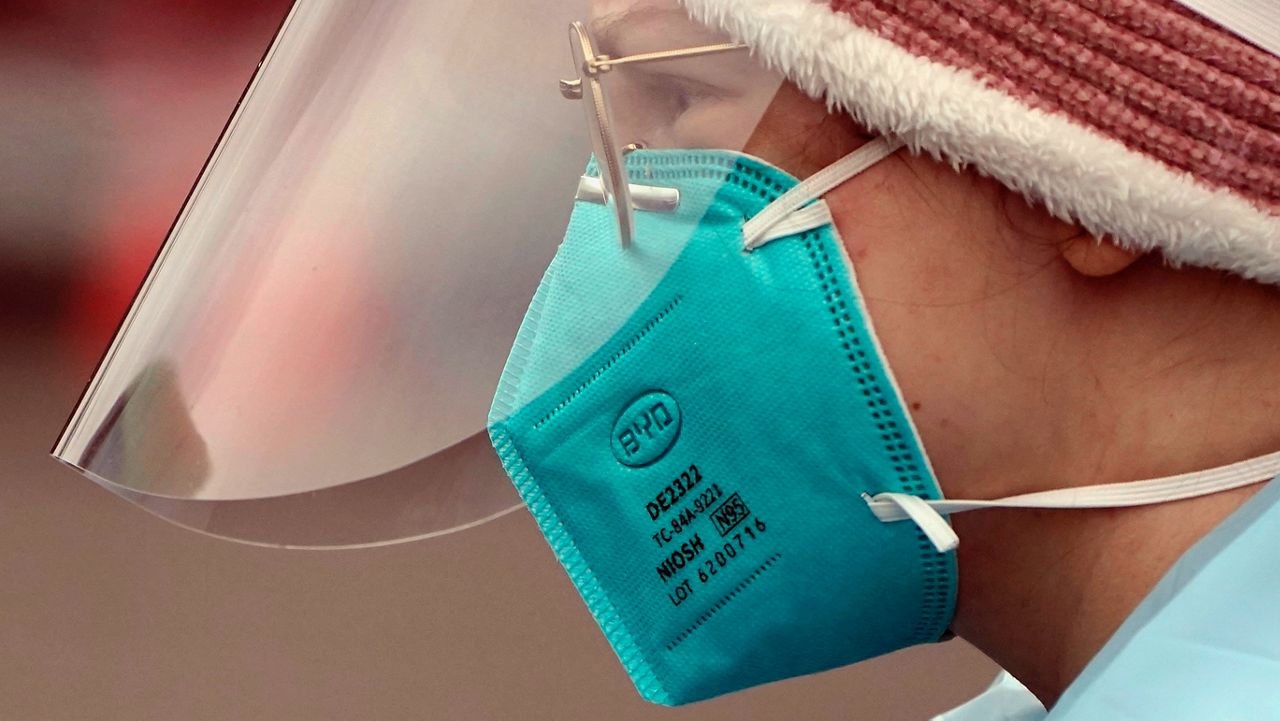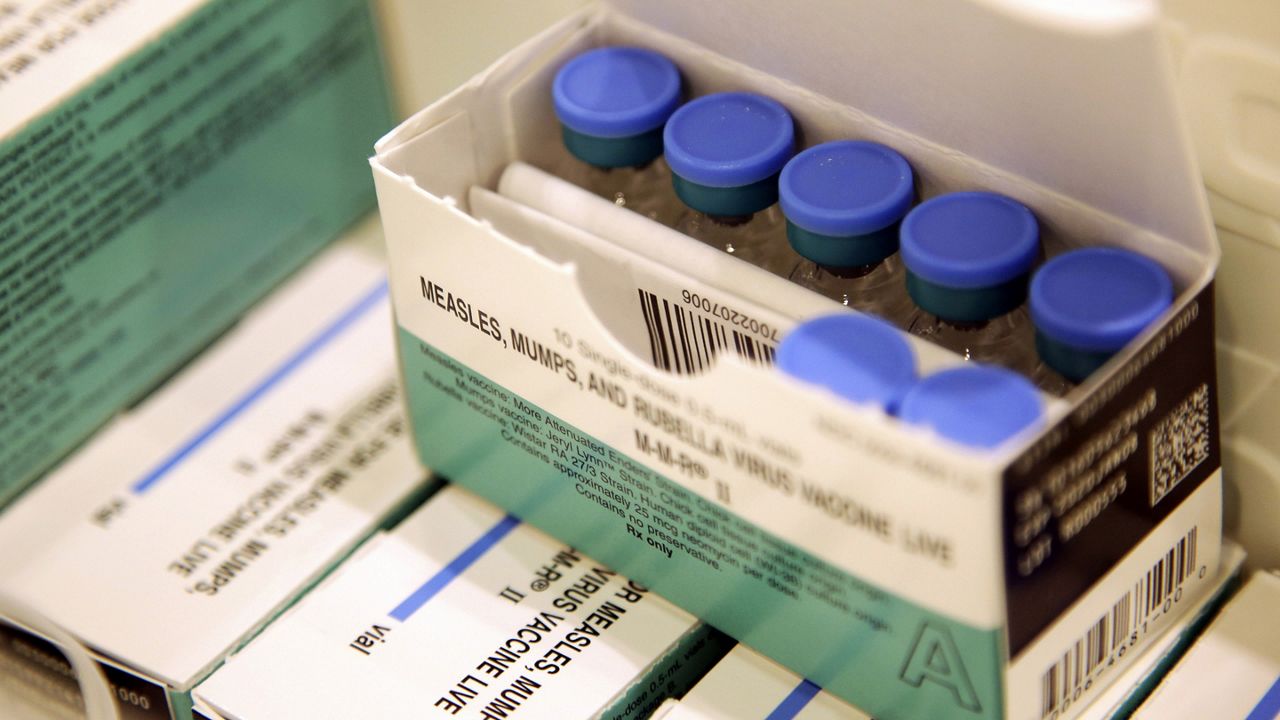After years of struggling with uterine fibroids, Bettina Celestin figured that motherhood wouldn’t be an option.
She was first diagnosed in 2016.
“The first doctor wanted to take the ‘wait and see’ approach… They were pretty small at the time, so she figured ‘let’s just wait’ and they grew and grew and grew,” said Celestin.
What You Need To Know
- Bettina Celestin says she was initially advised to observe her fibroids after her diagnosis in 2016, but eventually struggled to get pregnant
- Fibroids are benign tumors that grow in the uterus, affecting about 70% of women
- Dr. Taraneh Shirazian of NYU Langone’s Center for Fibroid Care says even moderate sized fibroids can block the endometrial cavity where a pregnancy would sit and cause other problems
Fibroids are benign tumors that grow in the uterus, affecting about 70% of women.
Cancerous fibroids are rare, which prompts some health care providers and patients to opt for observation rather than treatment.
Celestin says that she developed symptoms like bloating and heavy bleeding over time, and struggled to get pregnant.
“Eventually, in December 2021, I had a miscarriage… The ER doctor couldn’t believe that I was only eight weeks pregnant. My stomach was that big,” said Celestin.
Among other symptoms, uterine fibroids can also affect sexual health and fertility.
“Even with moderate sized fibroids, they can block the endometrial cavity where a pregnancy would sit [or] they could create a lot of local inflammation that might impact implantation,” said Dr. Taraneh Shirazian, director of NYU Langone’s Center for Fibroid Care.
Shirazian says the observation approach makes sense when a patient’s fibroids are very small, “but if you have symptoms, if you’re not getting pregnant, if they’re of a larger size, then likely you should really look into what options could be best for you.”
After consulting with Dr. Shirazian, Celestin opted for surgery and removed 26 fibroids.
Three months after the procedure, she got pregnant with her daughter Eloise.
It’s an ideal outcome at the center where doctors are working to help patients understand all of their options.
“When you have all the symptoms, sometimes surgery is the best answer because it can really help you start with a clean slate,” said Shirazian.
For patients with smaller fibroids, Shirazian says there are less invasive options and even medications to help women find the right approach for them.









